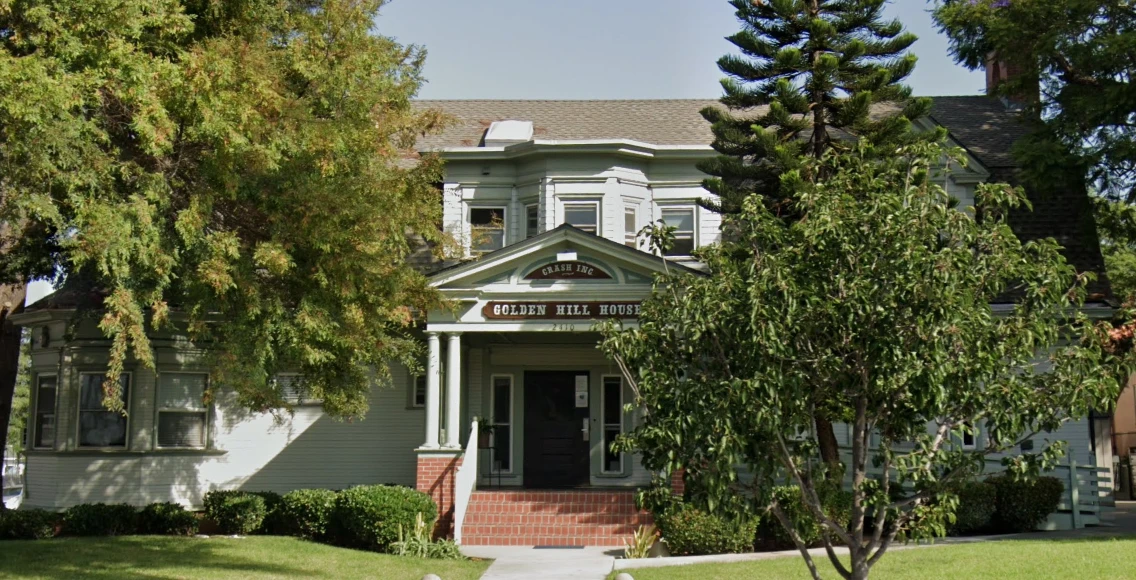Golden Hill House is a private treatment center in San Diego, California, that only helps adult women who are having problems with alcohol and other drugs. This facility is only for women and is designed to meet their special recovery needs. It provides a safe and supportive space for healing. The center stresses a complete approach to recovery, focused on both staying sober and reintegrating people back into society by teaching them how to be responsible for their actions.
There are many types of programs at the center, such as residential treatment for people who need to stay there, outpatient services, and an intensive outpatient program (IOP). Individualized recovery plans, group and one-on-one counseling, vocational help, and workshops on avoiding relapse are some of the ways that people are treated. Recognizing how important it is to rebuild family ties, Golden Hill House also encourages family involvement through supervised parent-child visitation. The center is accredited by CARF and provides high-quality, individualized care to people while they are recovering.
CRASH Golden Hill House II Information
Accreditations
-
SAMHSA certification for opioid treatment program (OTP)
SAMHSA's Opioid Treatment Programs (OTP) Accreditation is a rigorous recognition process, signaling an OTP's commitment to high-quality care for those with opioid use disorders. It assures patients, families, and the community that the program adheres to evidence-based practices, maintains a safe environment, and employs qualified staff. This accreditation represents a commitment to addressing the opioid epidemic and promoting recovery, symbolizing quality and accountability in opioid addiction treatment.
-
State department of health
Government agencies issue State Licenses, granting rehabilitation organizations permission to operate their businesses legally within specific geographic regions. The licenses needed for legal operation are typically determined by the type of rehabilitation program offered by a facility and its physical location.

Additional Locations
CRASH Golden Hill House II Accepts The Following Insurance Plans
Find the best treatment options. Call our free and confidential helpline today!




